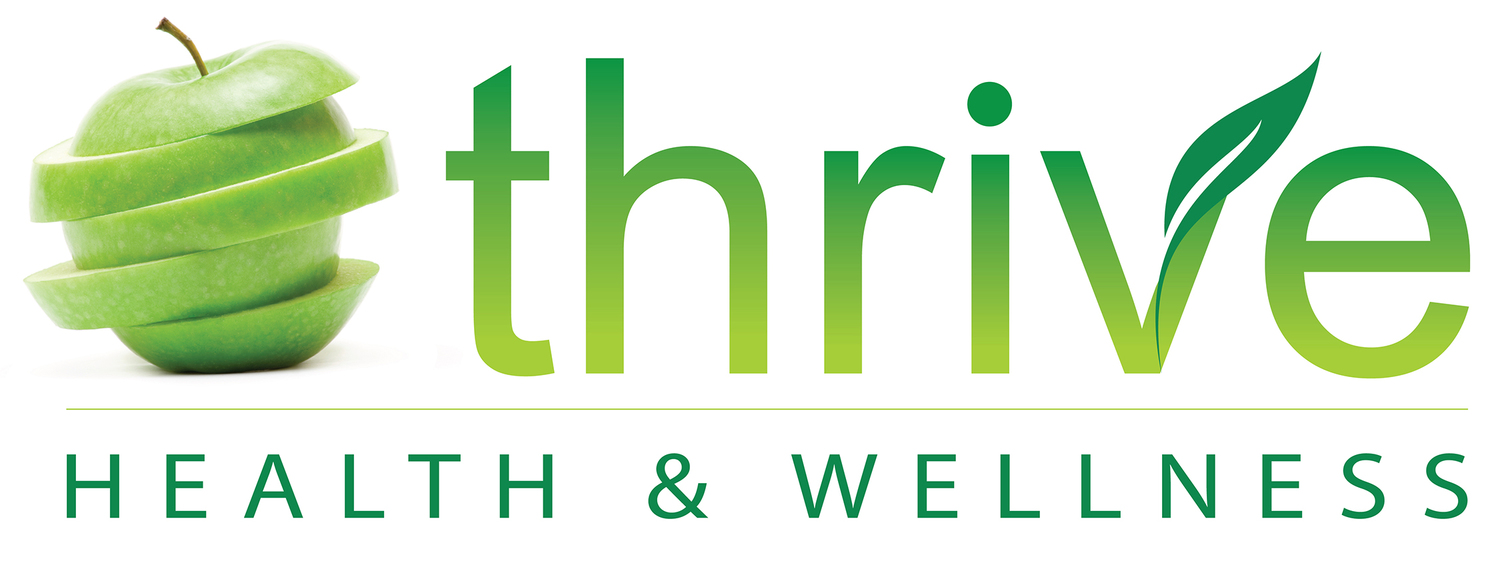Constipated? Here Are 10 Natural Ways To Help Keep You Regular
What is constipation?
Everyone has a different “normal” when it comes to going to the washroom. Constipation typically occurs when bowel movements are less frequent, and stools are hard to pass – anything that is off the norm for you. Constipation is defined as having fewer than 3 bowel movements a week; chronic constipation is when this persists for more than 2 weeks. You may be constipated if your stools are hard, dry and difficult to pass, if you experience pain while going to the washroom and if you don’t feel “emptied” after going.
What causes constipation?
Age – as you age, your metabolism slows and your muscle contractions in the digestive tract may weaken, slowing the process.
Dehydration
Lack of exercise
Change in routine
Not going to the washroom when you have to go
Stress – reducing stress and restoring balance can help keep you regular.
Lack of fibre in the diet – high fibre foods helps to bulk stool and keep foods moving through the digestive system
Eating processed foods, dairy and other high fat foods can also cause constipation
Some medications may also cause constipation, as well as frequent usage of antibiotics.
Various health conditions – endocrine problems, colorectal cancer, IBS, diverticular disease, neurological disorders, etc.
Gender – women, especially while pregnant or after giving birth, may experience a change in hormones that can result in constipation.
Here are 10 natural ways to help keep you regular and to prevent/relieve constipation:
DRINK MORE WATER – water can help soften the stool and promote a healthy digestive tract and bowel movement. Make sure that you’re drinking lots of water each day! Try to avoid beverages that can cause dehydration such as alcohol and caffeine.
EAT MORE FIBRE RICH FOODS – fibre helps to promote healthy digestion. There are two types of fibres – soluble fibre (soaks up water and helps soften stool) and insoluble fibre (adds bulk to your stool, helping it move through your system). Including foods such as beans, lentils, whole grains, fruits (plums, pears, prunes, apples, apricots, bananas, berries, pineapple, dried figs, etc.), cruciferous veggies (broccoli, cabbage, cauliflower), flax seeds, avocado, peas, etc. can help. EAT LESS foods that are high in saturated fat such as meats, cheese and other dairy products.
EXERCISE DAILY – this can help stimulate the colon to get things moving. Get out for a walk or try incorporating yoga into your routine.
TOILET POSITIONING – sitting on the toilet isn’t actually the proper position that your body needs to be in to promote a good bowel movement. Try squatting – place your feet hip distance apart and bring your knees closer to your torso/chest (you can get a foot stool or a “squatty potty” to help get you into this position.
RELAX – it’s important to relax and give yourself time to go to the washroom each day. Being to rushed or stressed/anxious can impact your bowel movements. If you have to go to the washroom – GO! Don’t wait.
INCLUDE HEALTHY OILS IN YOUR DIET– oils help to stimulate the digestive system and also coat/lubricate the intestinal walls for smoother bowel movements. You could try mixing a tsp. of flaxseed oil or aloe very gel into a bit of water. Coconut oil, olive oil, avocado oil – all good things to include.
PROBIOTICS – These healthy bacteria will help promote healthy gut flora and will encourage regular bowel movements. You can find probiotics in some foods, such as sauerkraut, kombucha, tempeh, kimchi, etc. I would recommend a probiotic supplement for overall intestinal health and to help keep your regular.
MAGNESIUM – magnesium rich foods can help stimulate the movement of foods through your digestive tract by relaxing muscles and drawing water into the intestines/bowel. Food’s rich in magnesium include avocado, lentils, beans, bananas, nuts, seeds and oily fish. A magnesium supplement may be beneficial as well.
OMEGA 3 – this goes along with healthy oils, taking an omega 3 fatty acid supplement and/or including some omega 3 rich foods in your diet would be great: fish and seafood – salmon, mackerel, seabass, sardines, herring, tuna and trout; seeds – flax (flax seed oil), chia, and hemp seeds would be great; walnuts; beans (kidney, black, pinto, etc.).
ALOE JUICE – including this can help aid in digestion and relieve constipation. There are other natural supplements/herbs that may be beneficial as well - Vitamin C, rhubarb, and slippery elm to name a few. Always look for something natural vs. a regular over the counter laxative product.
In addition to the suggestions above, keeping a food diary would be beneficial in helping identify foods that are causing you issues and also help you see what you may be lacking in your diet. Know that you’re not alone, constipation is one of the most common GI issues out there. If you find yourself constipated, try some of the natural recommendations above. If your constipation persists, don’t be afraid to talk to your doctor, as uncomfortable as that conversation may be. Make your health a priority, pay attention to how you feel every day and do what you can to keep yourself healthy.
To learn more about a holistic nutritionist can help improve your nutrition and gut health, contact Steph, registered holistic nutritionist!

